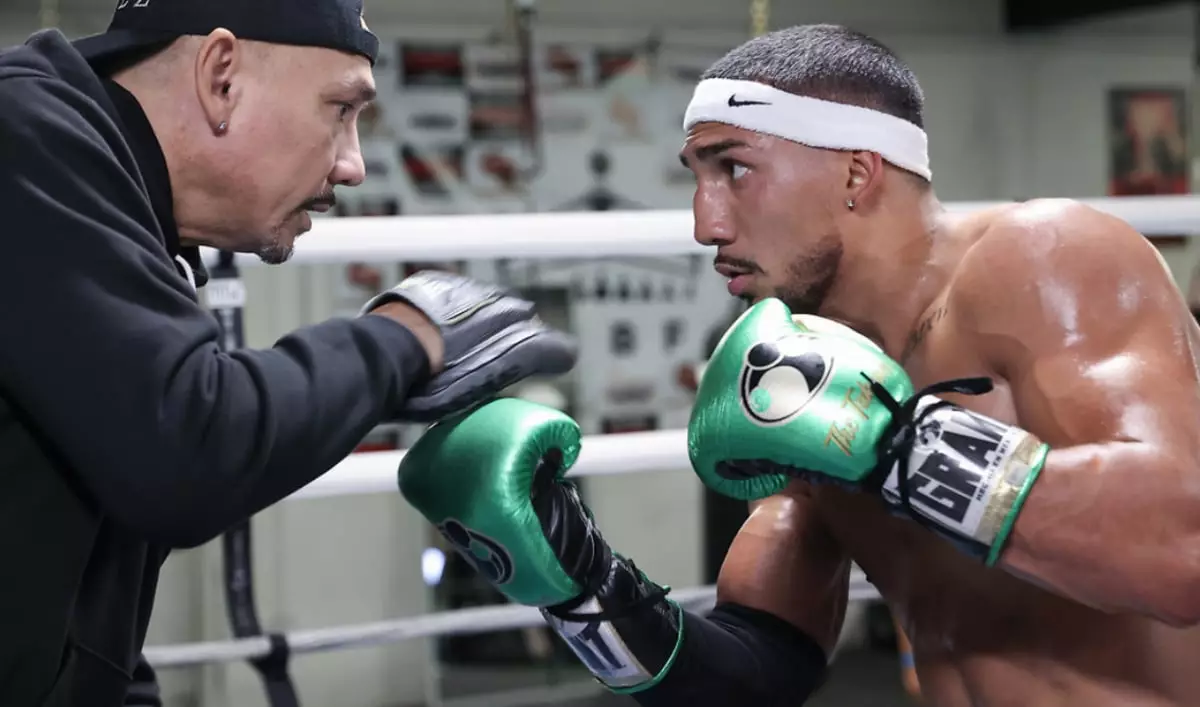In the world of boxing, social media is often the battleground where fighters air grievances and provoke potential opponents. Teofimo Lopez has recently taken to these platforms to express his frustration over Jaron “Boots” Ennis’s refusal to engage in a bout with him. Lopez’s claims, primarily centered on Philadelphia pride and loyalty, reveal more about his current state of mind than they do about Ennis’s decision-making process. The situation is complex but sheds light on the intricate chess game that is professional boxing, especially in the welterweight division.
The Dilemma Facing Ennis
Firstly, Ennis is not just a fighter with a bravado-laden record; he is an IBF and WBA champion with ambitions that extend beyond mere title defenses. His goal is to unify the welterweight division before possibly ascending to the 154-pound class, where the competition only gets stiffer. Engaging in a fight against Lopez at this juncture complicates his trajectory. If Ennis were to fight Lopez voluntarily, he risks derailing his mandatory defense against Shakhram Giyasov, whose own path has been laid out by the WBA. This is not merely a matter of personal choice; it’s a strategic gamble that could undermine Ennis’s entire career plan.
Lopez’s Narrative of Pride
Lopez, on the other hand, seems to be leaning heavily into an emotional appeal, questioning Ennis’s pride in his Philadelphia roots and declaring him a “bozo” for not wanting to face the “best.” While it’s admirable to fight for your city’s reputation, boxing is not only about regional loyalty, but also about strategic career management. Lopez’s perception that Ennis should fight him to substantiate Philly’s pride overlooks the reality of Ennis’s situation, which is based on higher stakes than just local bragging rights.
Potential Alternatives for Lopez
It is intriguing how Lopez fixates on Ennis when the landscape is rife with alternative opponents that could provide equally exciting bouts, such as Gary Antuanne Russell, Richardson Hitchins, or even a rematch with George Kambosos Jr. By narrowing his focus, Lopez not only limits his options but also diminishes his own marketability. His insistence on Ennis, rather than pursuing multiple avenues, illustrates a need for greater flexibility and adaptability within his own promotional strategy.
A Possible Signal of Insecurity?
Moreover, Lopez’s outburst may hint at deeper insecurities stemming from recent professional troubles, including a reported dismissal by Turki Alalshikh, emphasizing his need for validation through high-profile fights. His lineage as a fighter and the identity he seeks to project seems contingent not merely upon victories, but on fights against perceived “name” opponents like Ennis. This fixation on relevance instead of a more rounded approach to building a legacy could lead to long-term career detriment.
In essence, boxing remains a delicate balance of choice, risk, and reward. Jaron Ennis’s decision is justified within the framework of his goals, while Teofimo Lopez appears caught in a cycle of frustrated bravado. These dynamics epitomize the conundrums faced by fighters at the crossroads of ambition and legacy.

